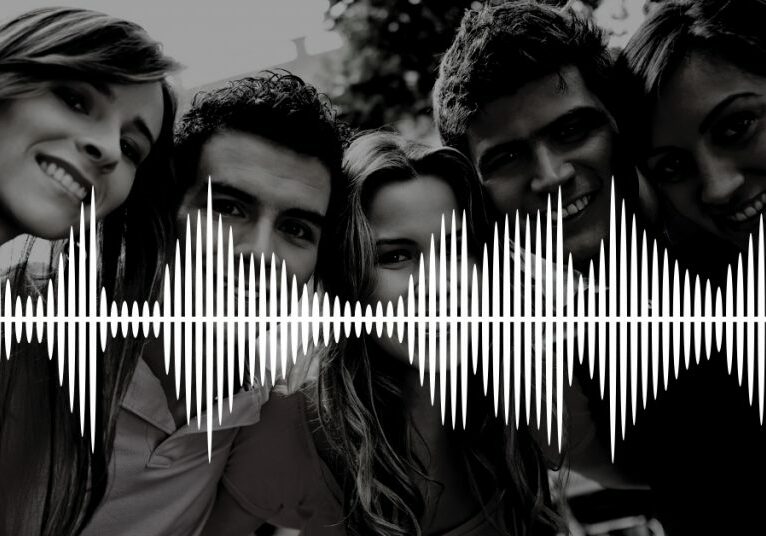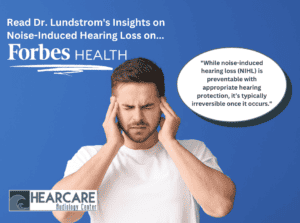
Reason 1: Your ears
Your ears can produce some interesting things with the most notable being wax. Wax build up is one of the most common reasons for hearing aids to stop functioning. This is why it is so important to see your audiologist at a minimum twice a year.
Reason 2: Hearing aids need cleaning
I’m sure you probably clean your car more than your hearing aids. This is something that needs more care than you may think. Especially your microphones on the devices. They are very small openings and can get plugged with wax, skin debris, and dirt/dust pretty easily. Every time you come in your audiologist or audiologist assistant is thoroughly cleaning and suctioning out all the components making sure they are in top working order. Hearing aids are FDA regulated medical devices that were not designed to go years without some required maintenance. If you let this go for too long, then the devices will eventually become weak and break down.
Reason 3: Hearing aids will eventually malfunction
Hearing aids are all set within specific parameters set by each manufacturer. On occasion, and over time, hearing aids will start to come out of those specific specifications, which will then lead to reduced performance and problems hearing. Some issues can be reduced amplification, distortion from the device, and static noise. The best way to combat that is by running an electroacoustic analysis of the hearing aids. This test, which we do regularly, checks all parameters of your chip, directional microphones, and distortion from the device being out of company specifications.
Reason 4: Your hearing will change over the years
It is very important to keep up on this yearly through an annual hearing screening. By doing this your audiologist can catch a change in hearing and reset your current hearing aids to your new prescription.
Hearing treatment doesn’t stop when you buy new hearing aids. It’s actually just the beginning. Seeing your audiologist regularly (at least twice a year) will keep your current hearing aids at peak performance longer, thus leading to less need for new hearing technology in the future.
Authored by Jeffrey Olson, Au.D.




